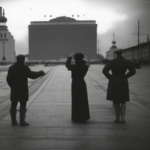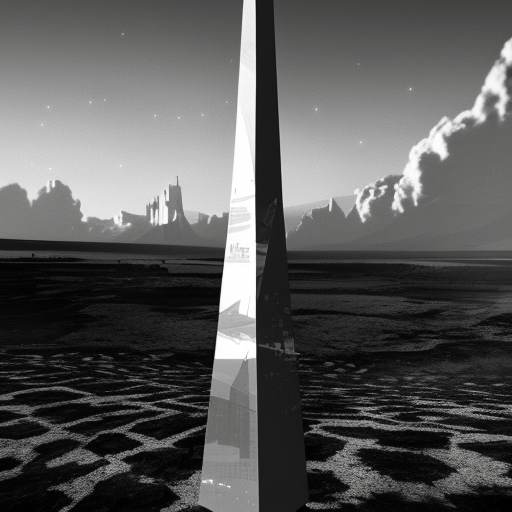The Black Obelisk: A Summary
One-line summary: The Black Obelisk is a thought-provoking novel by Erich Maria Remarque that explores the struggles of a disillusioned German soldier in the aftermath of World War I.
In Erich Maria Remarque’s The Black Obelisk, we are introduced to the protagonist, Ludwig, a disillusioned German soldier who returns home from World War I to find a country in chaos. Set in the 1920s, the novel delves into the post-war period known as the Weimar Republic, highlighting the economic instability, political unrest, and societal disillusionment that plagued Germany during this time. Through Ludwig’s experiences, Remarque paints a vivid picture of a nation grappling with its past while trying to navigate an uncertain future.
A Nation in Turmoil
As Ludwig returns to his hometown, he finds himself confronted with a Germany that is vastly different from the one he left behind. The war has left scars not only on the physical landscape but also on the collective psyche of the people. The economy is in shambles, inflation is rampant, and poverty is widespread. Remarque skillfully captures the desperation and despair that permeate society, as people struggle to make ends meet and find a sense of purpose in the aftermath of the war.
The Search for Meaning
Amidst the chaos, Ludwig embarks on a journey to find meaning and purpose in his life. He is disillusioned with the ideals and values that led to the war and questions the very essence of humanity. Through his encounters with various characters, including a wealthy industrialist, a disillusioned artist, and a young woman named Isabelle, Ludwig grapples with existential questions and seeks solace in art, literature, and love. Remarque explores the themes of identity, purpose, and the search for meaning in a world that seems devoid of it.
The Power of Love and Art
Throughout the novel, Remarque emphasizes the transformative power of love and art in the face of adversity. Ludwig finds solace and inspiration in his relationship with Isabelle, a young woman who shares his passion for literature and art. Their love becomes a beacon of hope amidst the darkness, offering them a glimpse of beauty and joy in a world that is often bleak. Additionally, Ludwig’s encounters with artists and writers, such as Rilke and Dostoevsky, provide him with a sense of purpose and a renewed belief in the power of creativity to transcend the hardships of life.
- Key takeaways:
- Remarque’s The Black Obelisk offers a poignant portrayal of post-war Germany, exploring themes of disillusionment, economic instability, and the search for meaning.
- The novel highlights the transformative power of love and art in the face of adversity, providing a glimmer of hope amidst the chaos.
- Through Ludwig’s journey, Remarque raises thought-provoking questions about identity, purpose, and the human condition.
“We are all fools, we Germans, and the war has made us even greater fools. We are the fools of history, and the greater the fool, the greater the fool.” – Erich Maria Remarque
In conclusion, The Black Obelisk is a powerful and thought-provoking novel that delves into the struggles of a disillusioned German soldier in the aftermath of World War I. Remarque’s exploration of post-war Germany, the search for meaning, and the transformative power of love and art offers readers a profound reflection on the human condition.












